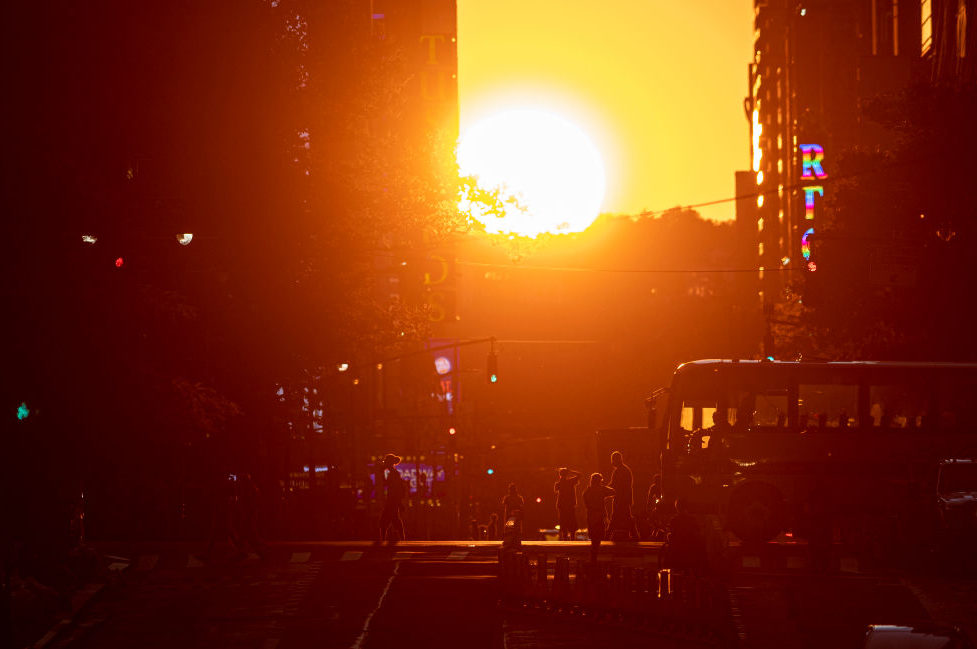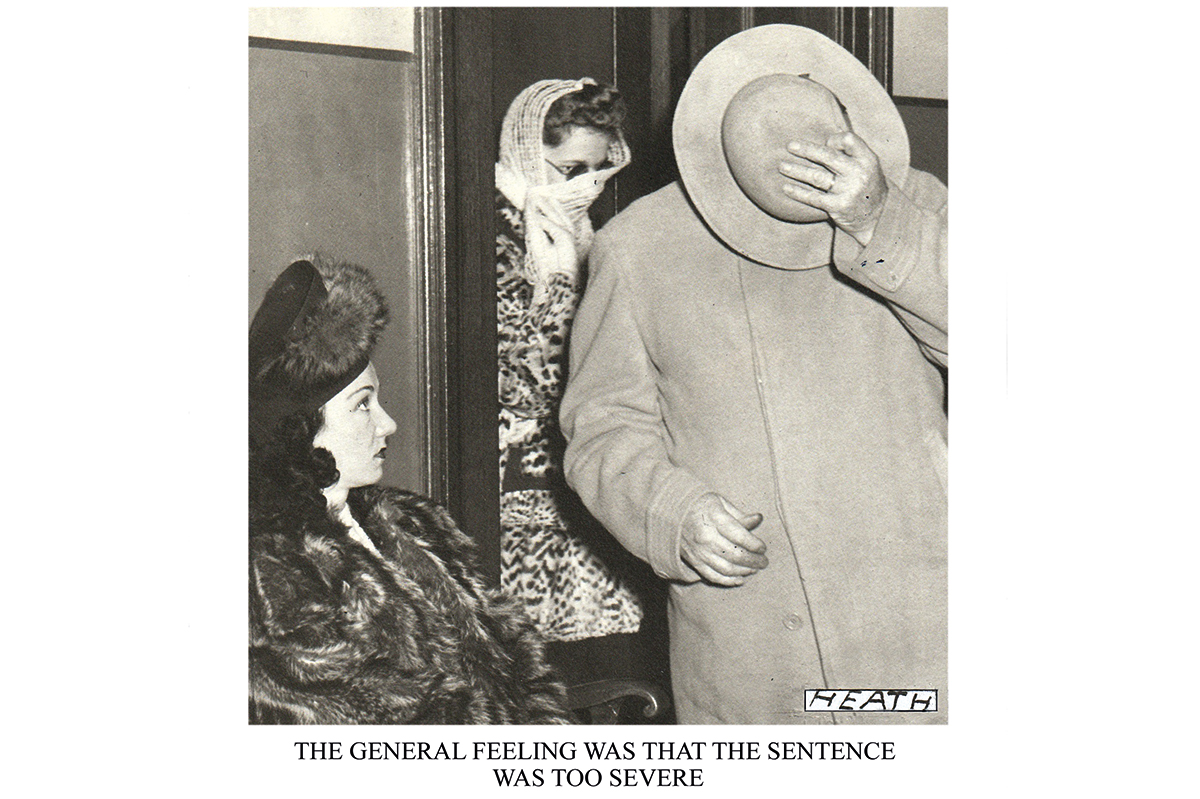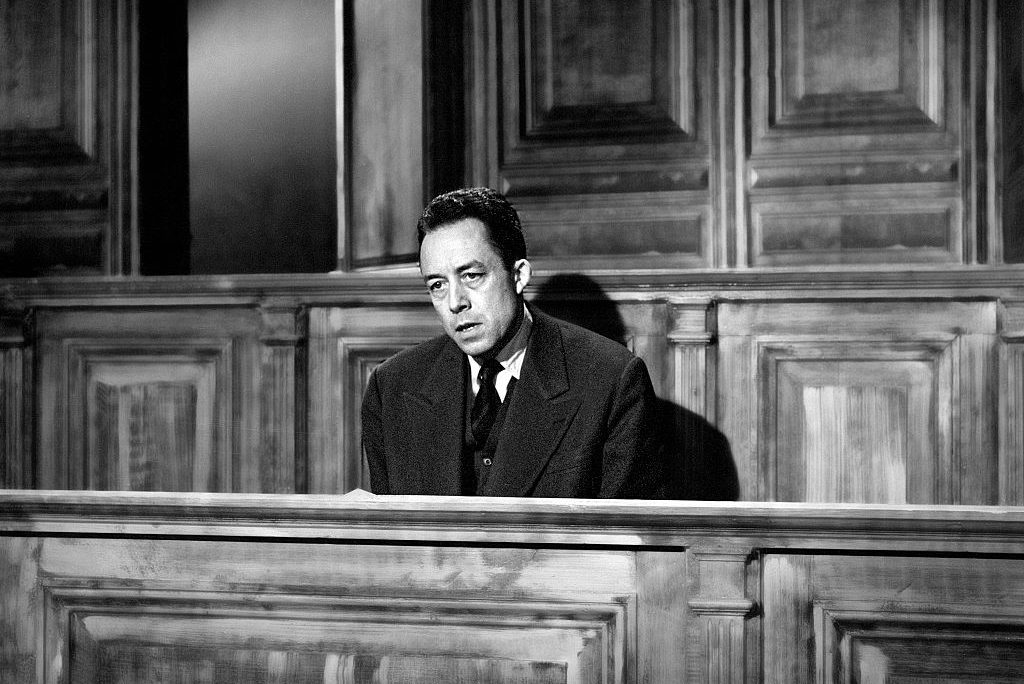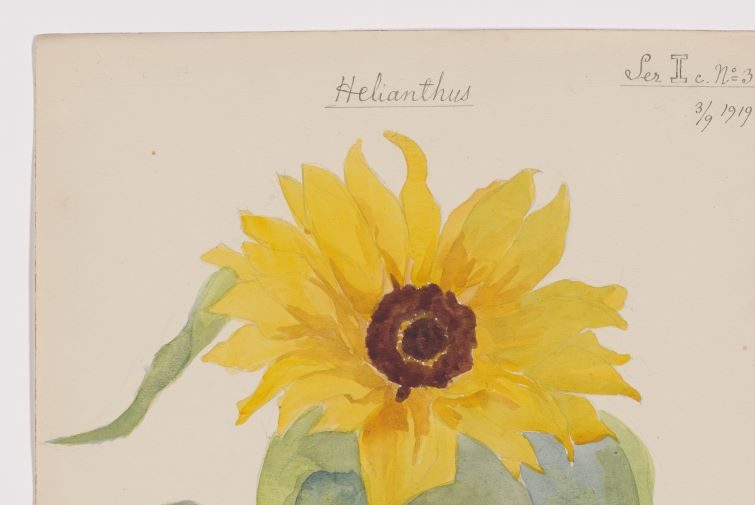Instead of telling us about America, or even the world outside, American journalists now tell us about other American journalists. The dirty laundry of America’s journalists is aired hourly on Twitter, where it stinks the place out. None of it is news and nobody will remember any of it in 10 months, let alone 10 years. It’s amazing to watch adults setting their emotional temperatures by palace intrigues at the New York Times.
A series of laughably esoteric conflicts have consumed the industry in recent days. Each has generated thousands of self-referential tweets, articles, think pieces and podcast episodes. There was the scandal over Tom Cotton’s op-ed in the New York Times, accusations of racism at the Intercept, an open letter against ‘cancel culture’ published by Harper’s, and then a counter-letter published on a website nobody had ever heard of. There was also a beef between Ezra Klein and Matt Yglesias, the ultra-nerdy founders of Vox, over the contents of one of these letters, but no one could work out why.
There was definitely an angry battle between a pseudonymous blogger called Scott Alexander and a few Times technology reporters who wanted to expose his real name in an article, not forgetting the slightly sinister interest of the Times’s Taylor Lorenz in the underage daughter of George and Kellyanne Conway. And then yesterday the world shook with the double shocks that Bari Weiss was leaving the Times and Andrew Sullivan will be filing his last column for New York magazine on Friday. Weiss’s resignation made the front page of the New York Post.
The alternative to all this adolescent wrangling and these abstruse cycles of debate would be for America’s most prominent journalists to do their jobs. Go out, talk to people, find stories. Tell us something we don’t already know. The fate of, say, Alison Roman might be interesting to a few cliques in Manhattan, but it is of little interest to the country at large. Is there anything going on out there, in the dark, mysterious world beyond the Times building at 620 Eighth Avenue?
In the last month you didn’t need to leave Manhattan for a great story. During the riots, stories simply appeared in the street, lying there like lumps of alluvial gold in a stream. On Monday June 2, a $330,000 Rolls-Royce Cullihan along with a fleet of other luxury cars pulled up outside fashionable boutique stores in SoHo. Looters, who were mostly black, left the vehicles. Posting juvenile lookouts, they broke into the stores with power tools and filled suitcases with goods. The video that emerged from the incident is surreal. It does not fit into any ‘narrative’ or ‘debate’ about the events that followed the death of George Floyd at the end of May.
The story was picked up by Fox, the Daily Mail, the Post and ABC. The reporters wrote up the mobile phone footage and basic questions were left unanswered. Where were the NYPD? Were these looters black or white? Were they from out of town, or had they crossed the bridges from Brooklyn and Queens? How were they organized? How many stores did they hit? What did they take? How much was it worth? Methodical looting was a feature — or an adjacent phenomenon — of the Floyd protests in Los Angeles too, and probably all over the country.
Were America’s elite reporters interested in following any of this up? No: that’s the short answer. The top newsrooms in the country were, instead, ‘grappling’ with the issue of race, tone-policed by Wesley Lowery of CBS. As stories that Tom Wolfe would have gouged whole books out of circulated around America’s cities, Lowery was telling the Times that news organizations’ ‘core value needs to be the truth, not the perception of objectivity’.
Was Lowery in a graduate seminar at Columbia? Was he a commissar in the Ministry of Information in some small and benighted despotism? Or was he supposed to be a professional reporter during a triple crisis of burning cities, a plague and the worst economy since FDR roamed the Earth?
[special_offer]
American journalists, or the American journalists who make the most noise, don’t do much journalism at all. They are more like sheltered theorists or soft intellectuals, restless and vain, organizing themselves into petty, feuding cabals. They hide their total want of journalistic skill or curiosity by building up enormous followings on Twitter, rather than breaking interesting, relevant stories. The fact that not a single newspaper was able to find Ghislaine Maxwell — hiding in New Hampshire — should be an embarrassment for the whole industry. If Maxwell had been sequestered in England, the Sun would have found her six months ago.
The absurd pomposity of the media in the Trump years has been nauseating. Subscribe to the Times, it’s an act of resistance. Buy the New Yorker, and save the Republic. Support the fearless journalists who brought you Russiagate, the Shitty Media Men List and the Covington Catholic affair. The coverage of coronavirus, somehow, has been even worse. Confused and partisan from the very start, there have, on the plus side, been moments of unintentional comedy. As apocalyptic lines formed for food banks all over America, the splendidly named Emily Flake of the New Yorker agonized ‘on a semiotic level’ that her face mask might brand her as a ‘scared entitled, white woman’. Flake’s apologia stands as an epitaph for American journalism:
‘I don’t know how to make a case for my presence in this world at all.’























